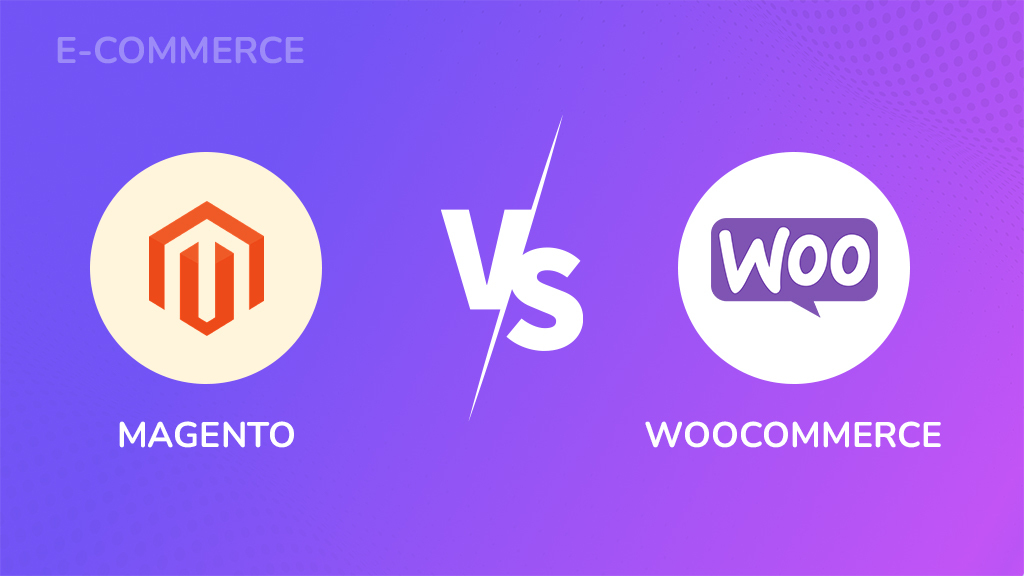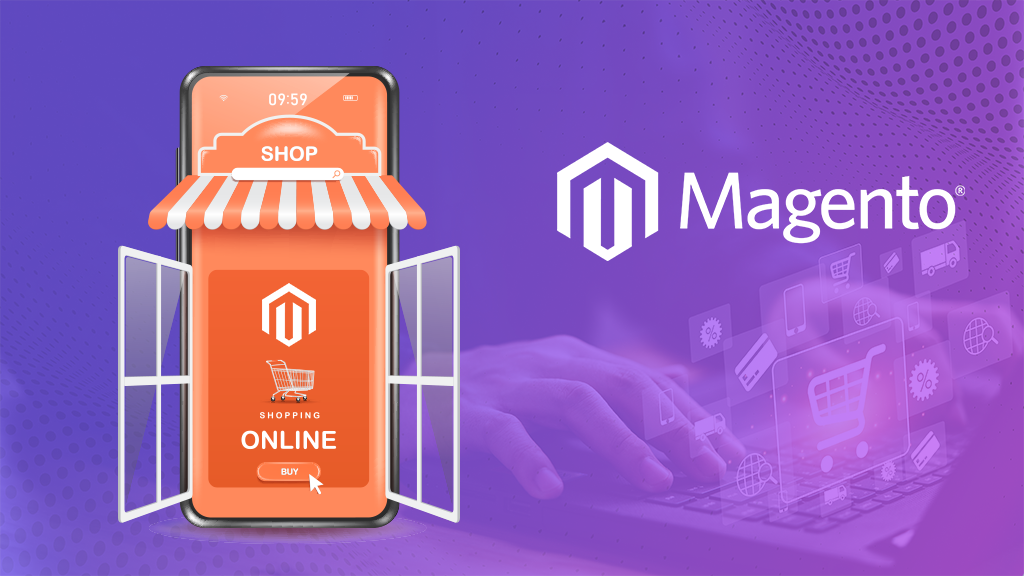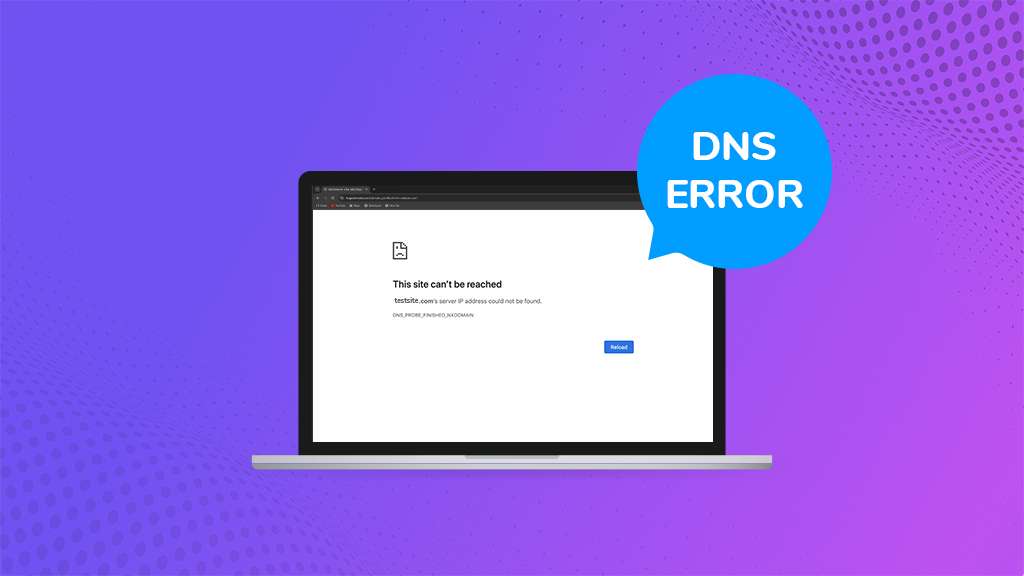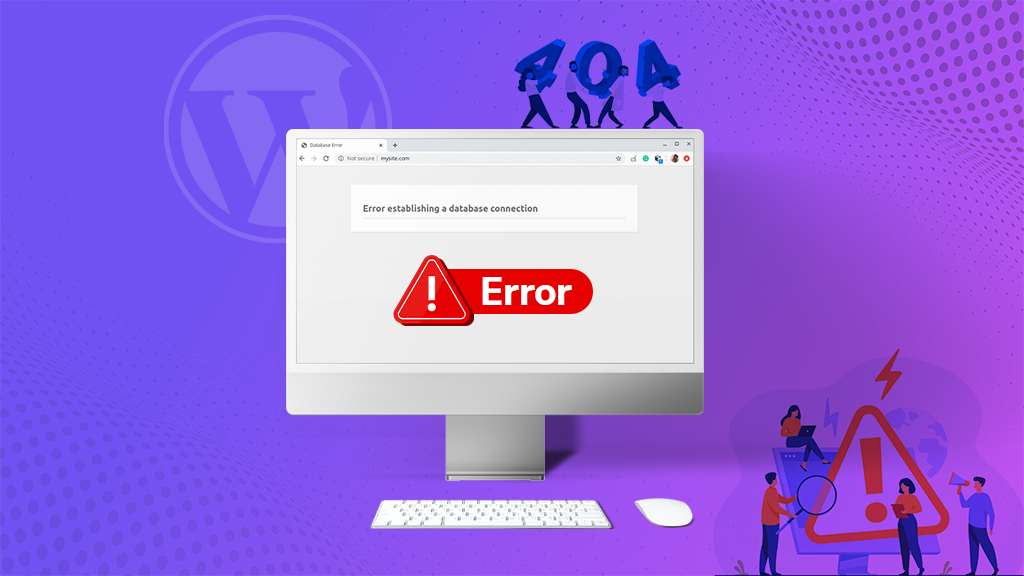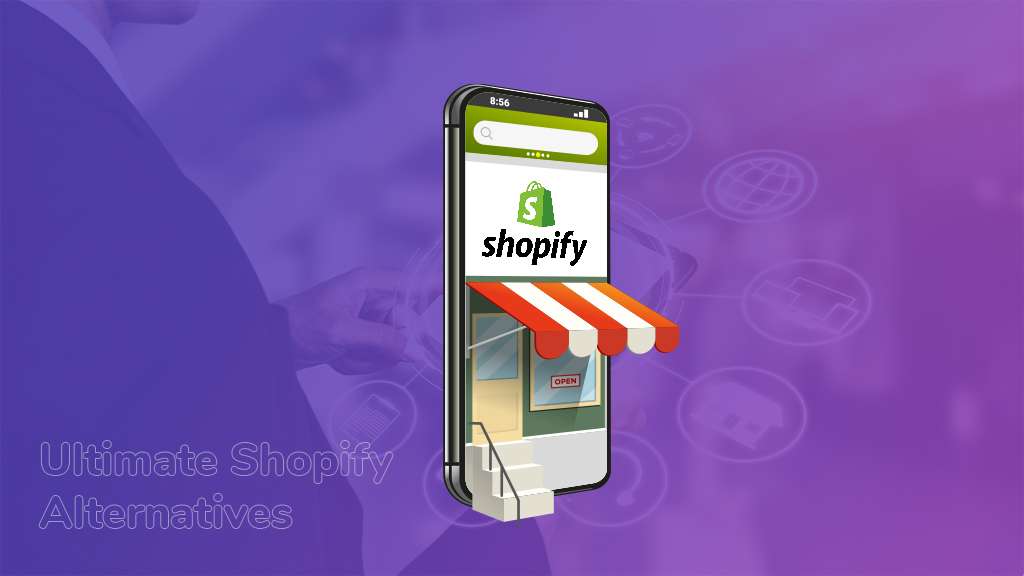
Shopify has undoubtedly made a significant impact in the e-commerce industry, but it is not the sole option available for your online store. Numerous other Shopify alternatives offer distinctive features and functionalities designed to cater to specific requirements and budgets.
Regardless of whether you are an experienced entrepreneur looking for advanced scalability or a new business owner embarking on your entrepreneurial journey, exploring alternatives to Shopify can provide you with a plethora of advantages. In this blog post, we will reveal the top ten ultimate Shopify alternatives, carefully selected to provide you with the ideal platform for achieving online success.
Reasons to Consider Alternatives to Shopify
1. Cost
Shopify’s pricing may be higher than other options, particularly for larger stores or those with specific requirements. Additionally, transaction fees can accumulate and impact your expenses.
2. Limited Customization
Although Shopify provides themes and plugins, some users find it limiting in comparison to open-source platforms like WooCommerce. These alternatives offer greater control and flexibility in customization.
3. App Dependence
Many essential features on Shopify rely on paid apps, which can increase your overall costs and potentially tie you to Shopify’s ecosystem.
4. Transaction Fees
Shopify imposes transaction fees in addition to your monthly subscription, which can be a significant expense for high-volume stores.
5. SEO Limitations
While Shopify offers basic SEO features, other platforms offer more built-in tools and flexibility for optimizing your website for search engines.
6. Specific Needs
If you have a unique business model or require specific features, Shopify may not cater to all your needs. Alternative platforms such as BigCommerce or Volusion might offer better solutions.
7. Technical Expertise
Although Shopify is user-friendly, some users may require more technical knowledge for customization or integrations, which open-source platforms like WooCommerce demand.
8. Data Ownership
Shopify retains ownership of your store data, whereas self-hosted platforms like WooCommerce provide you with more control and ownership.
6 Powerful Alternatives for Building Your Online Store
1. WooCommerce
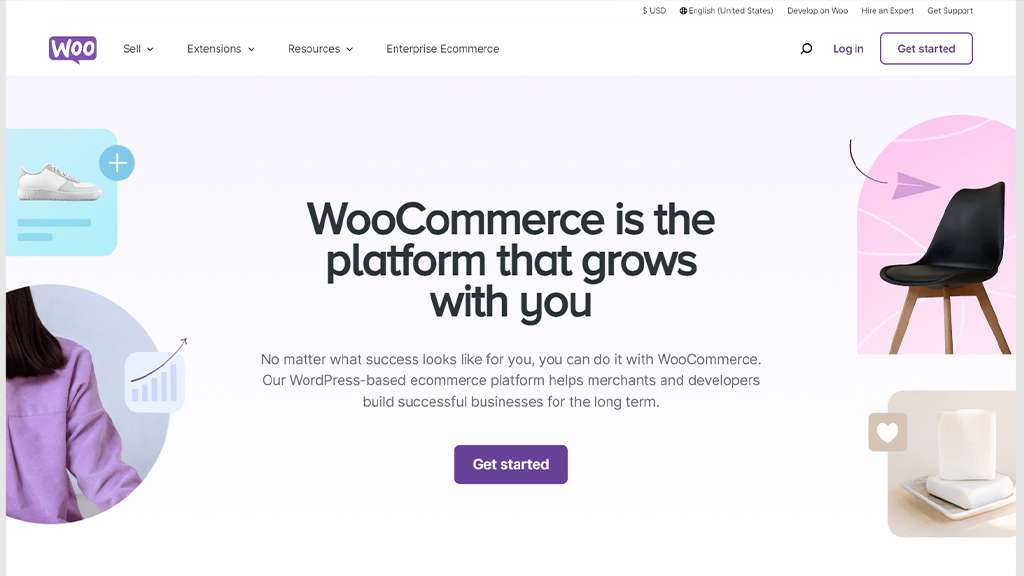
WooCommerce is a popular choice for e-commerce applications. By following our WooCommerce tutorial, you can easily create your online store. Many entrepreneurs consider it a great alternative to Shopify. Some users even claim that it surpasses Shopify in various aspects. The WordPress e-commerce plugin WooCommerce is free and open-source and highly rated for visitor experience
While scalability may require investing in the more expensive version for advanced functionality, WooCommerce offers everything you need. You can build a website with a sophisticated shopping cart within minutes. Additionally, it is responsive, allowing you to create mobile-friendly websites effortlessly. You only need to pay for hosting, and unlike Shopify, there is no monthly premium. Instead, you can access advanced features with a one-time payment. However, it is worth noting that troubleshooting may not be WooCommerce’s strong suit.
Pros
i. Cost-Effective
WooCommerce offers a cost-effective solution as it is completely free to use. This means you can save on monthly fees compared to other platforms like Shopify. Additionally, you have full ownership of your data and are not restricted to specific payment processors.
ii. Highly Customizable
With WooCommerce, you have the freedom to personalize every aspect of your store’s look and functionality. There are countless free and paid themes and plugins available, allowing you to create a unique and tailored online store.
iii. Scalability Made Easy
Whether you are a small startup or a large enterprise, WooCommerce provides affordable tools and extensions to handle your business growth. You can easily scale your online store without breaking the bank.
iv. SEO Advantage
By leveraging the power of WordPress, WooCommerce benefits from its strong content marketing and search engine optimization capabilities. This helps improve your store’s visibility and attract more organic traffic.
v. Mobile-Ready
In today’s mobile-driven world, having a responsive website is crucial. WooCommerce allows you to create beautiful and responsive websites that work seamlessly on any device. This ensures a smooth and enjoyable shopping experience for mobile users.
vi. Upselling & Abandoned Cart Recovery
Boosting sales is made easier with WooCommerce’s built-in features and additional plugins. You can implement upselling strategies and recover abandoned carts, increasing your conversion rates and revenue.
Cons
i. Technical Setup
Unlike user-friendly platforms like Shopify, setting up and troubleshooting WooCommerce requires more technical knowledge. This may be a challenge for those who are not familiar with website development or coding.
ii. Performance
To ensure optimal speed and reliability, it is recommended to invest in a dedicated WooCommerce hosting plan like BigCloudy. This may involve additional costs, but it guarantees a high-performing online store for your customers.
Pricing Plans
WooCommerce distinguishes itself as an exceptional choice among e-commerce platforms. What sets it apart from many competitors is that it is completely free to utilize, sparing you from the burden of monthly subscription charges.
Nevertheless, it is crucial to bear in mind that there are still a few essential expenses to consider:
- Web hosting
This service provides the necessary online space for your store, ensuring its accessibility to customers. Prices may vary depending on the provider and the features you opt for.
- Domain name
Domain name serves as the unique address of your store on the internet (e.g., yourstore.com). Typically, costs range from approximately $10 to $20 per year.
- Payment processor
This facilitates secure transactions in your store. Different processors impose varying fees, so it is advisable to compare options to find the most suitable one for your budget and requirements.
2. BigCommerce

BigCommerce provides a seamless and intuitive experience through its drag-and-drop editor, enabling you to effortlessly create your online store. Although it offers a limited selection of free themes, the premium ones provide extensive customization options, surpassing Shopify in this aspect. However, it is worth noting that BigCommerce may have slower loading times compared to other platforms.
BigCommerce is an excellent choice for individuals who prioritize simplicity, customization, and affordability. However, it is important to be aware of potential speed limitations.
Pros
i. Marketing Powerhouse
BigCommerce’s core plans come with robust marketing features such as cart abandonment recovery and Google AMP pages, providing you with a competitive edge in attracting and retaining customers.
ii. Payment Freedom
Unlike Shopify, BigCommerce allows you to choose the payment gateway that best suits your needs without any additional fees, ensuring flexibility and convenience.
iii. Multi-Channel Mastery
BigCommerce’s native support for multi-channel commerce enables you to seamlessly sell your products across various channels, including social media and marketplaces.
iv. Extendable Ecosystem
Enhance your store’s functionality by utilizing a wide range of add-ons and integrations offered by third-party partners, expanding your business capabilities.
Cons
i. Limited Control
Compared to open-source platforms like WooCommerce, BigCommerce offers less control and ownership over your store’s content and functionality, limiting customization options.
ii. Higher Costs
Accessing advanced features on BigCommerce requires higher monthly fees, ranging from $79.95 to $299.95. This can be a significant expense for smaller businesses, impacting their budget.
Pricing Plans
The pricing for BigCommerce starts at $29.95 per month for the basic plan, with options going up to $299.95 per month. It is important to keep in mind that your costs will vary depending on your sales volume and generated revenue.
3. Magento
If you are an experienced store owner in search of a robust platform, Magento may be the ideal choice for you. Adobe acquired Magento in 2018, and it has since gained a large and active community that provides support and expertise.
One of the main advantages of Magento is its open-source ecosystem, which allows for extensive customization and scalability. Similar to WooCommerce, the core software is free, but you will need to allocate a budget for website hosting, themes, and plugins. However, its pricing structure is comparable to WooCommerce, making it a strong alternative to Shopify.
Although Magento may not be as beginner-friendly as some other platforms, it empowers established businesses that require comprehensive features and the flexibility to grow. If you have a clear vision and the technical resources to fully utilize its potential, Magento is worth considering.
Pros
1. Highly Customizable
Tailor your online store to your specific needs with a wide range of customization options and a large developer community of over 250,000.
2. Scalable Powerhouse
Easily handle future growth and expansion of your business with Magento’s robust architecture.
3. Secure Transactions
Ensure smooth and reliable transactions for your customers by choosing from a variety of secure payment gateways.
4. Mobile-Friendly
Provide a seamless shopping experience on any device with built-in responsive design.
5. Expand Your Reach
Integrate additional features and functionalities through a vast ecosystem of trusted partners’ add-ons and extensions.
6. Supportive Community
Receive assistance and insights from an active and knowledgeable community whenever you need it.
Cons
1. Technical Expertise Required
Unlocking Magento’s full potential requires coding and technical knowledge, making it less beginner-friendly.
2. Steeper Learning Curve
New users may find the platform complex to manage independently, as it demands a deeper understanding of e-commerce and web development.
3. Higher Costs
Compared to other options, Magento’s open-source solution can be more expensive due to potential development needs and optional add-ons.
4. Volusion
Volusion is a well-known cloud-based platform that serves a wide range of businesses, with a particular focus on those seeking growth and scalability. With its user-friendly interface, creating a store becomes a simplified process, and the one-click checkout feature adds convenience for your customers.
Volusion stands out with its extensive selection of plugins and features designed specifically for shipping businesses, allowing you to optimize your operations effectively. However, it is important to manage shipping costs efficiently. Additionally, keep in mind that storage is metered, and exceeding the limit will result in additional charges.
Although Volusion is mostly GUI-driven, having basic coding skills might be necessary for the initial setup, and the product management features could be improved. As your store grows, you may also need to consider additional expenses due to bandwidth limitations.
Volusion offers a convenient and scalable solution for businesses, particularly those in the shipping industry. However, it is important to consider the learning curve, potential coding requirements, and bandwidth limitations before deciding to use this platform.
Pros
i. User-Friendly
Volusion’s straightforward interface and interactive tutorials make it incredibly easy to set up your online store, even if you’re a beginner.
ii. Multi-Channel Capability
With plans above the basic level, you can seamlessly sell your products across various channels such as social media platforms and online marketplaces.
iii. Marketing Assistance
For an additional fee, you can access Volusion’s in-house marketing team, which can provide support with tasks like creating advertisements and analyzing data.
Cons
i. Limited Growth Opportunities
The basic plan restricts 100 product listings and lacks advanced features, which can hinder the growth of larger businesses.
ii. Integration Limitations
Compared to some alternative platforms, Volusion offers fewer options for integrating with third-party services, potentially limiting your ability to customize your store.
iii. Cost
To unlock advanced features, you need to subscribe to the $299/month business plan, which may be costly for smaller businesses.
Pricing Plans
Volusion provides three pricing options tailored to meet the diverse requirements of businesses:
- Personal
Commencing at $29 per month, this package enables you to sell a maximum of 100 products and generate up to $50,000 in annual sales. It is an excellent choice for beginners or businesses with a limited range of products.
- Professional
By upgrading to $79 per month, you gain access to phone sales, CRM features, and increased product and sales limits. This plan caters to businesses that require more advanced sales functionalities.
- Business
For $299 per month, you receive full access to all features, including unlimited products, advanced marketing tools, and a dedicated account manager. This plan is specifically designed for high-volume businesses seeking comprehensive e-commerce solutions.
It is important to note that Volusion utilizes third-party payment processors, which typically charge around 2.9% and $0.3 per transaction for payment processing.

5. PrestaShop

PrestaShop is an e-commerce platform that distinguishes itself with its affordability and open-source nature. This means that you can create and manage your online store without any monthly fees and have full control over your data and content. Unlike Shopify, PrestaShop does not restrict you to its ecosystem, making it an ideal choice for businesses that value independence and ownership.
Although PrestaShop is not directly integrated with WordPress like WooCommerce, it offers similar features to many paid solutions. These include extensive customization options, support for multiple languages, and a large community of developers who can assist. If you are looking for a cost-effective and flexible e-commerce platform that allows you to have complete ownership of your store, PrestaShop is worth considering. Just keep in mind that its open-source nature may require some technical expertise for setup and maintenance.
Pros
i. Cost-Effective
PrestaShop’s open-source framework allows you to enjoy complete freedom from monthly fees. Unlike closed-source options, you own your platform and data.
ii. Highly Customizable
With over 5,000 modules and themes to choose from, you can personalize your store’s look and functionality exactly as you envision it.
iii. Scalable Growth
There are no limitations on the number of products you can sell or the sales volume you can handle. Your store grows with you, ensuring scalability.
Cons
i. Technical Setup
Setting up and maintaining PrestaShop requires more technical knowledge compared to user-friendly platforms like Shopify. Consider your comfort level with technical aspects before choosing PrestaShop.
ii. Hosting Required
Unlike some platforms that offer built-in hosting, you’ll need to find and manage your web hosting provider for PrestaShop.
iii. CMS Integration
PrestaShop does not directly integrate with existing content management systems like WordPress. This may affect existing website setups and require additional workarounds.
Pricing Plans
PrestaShop stands out as a cost-effective e-commerce platform that is completely free and open-source, eliminating the need for monthly fees. However, it is important to take into account some additional expenses
- Themes & Extensions
Although the core platform is free, customizing the appearance of your store and adding functionalities will require the purchase of themes and extensions. The cost of these can vary, ranging from $30 to over $550, depending on the features and complexity they offer.
- Payment Processing
Similar to other platforms, you will need to integrate a third-party payment processor. These processors typically charge around 2.9% + $0.30 per transaction.
6. Squarespace
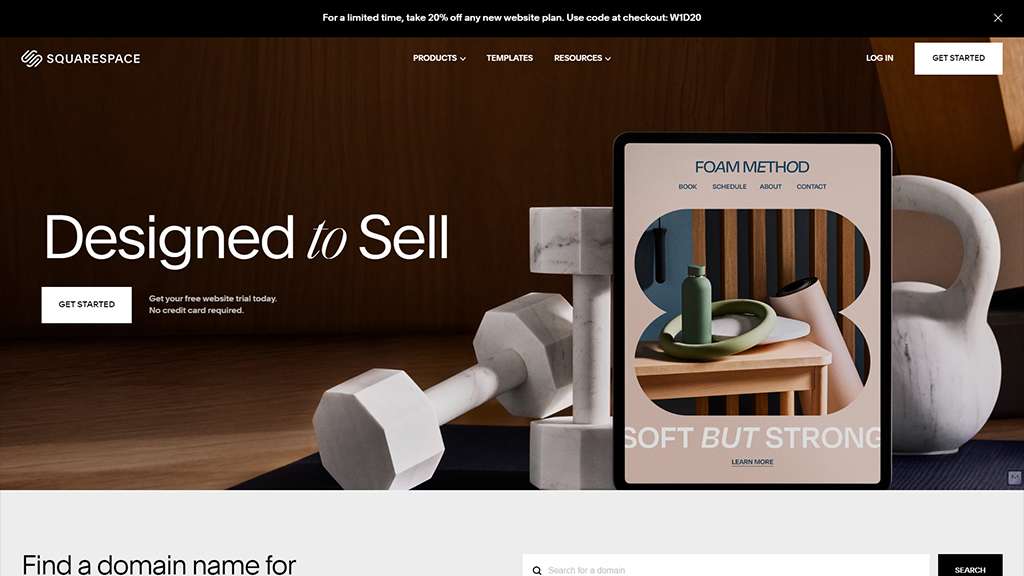
Squarespace eCommerce presents a user-friendly solution for launching and overseeing smaller online stores. With its intuitive builder, integrated marketing tools, and effortless management, it is well-suited for teams venturing into e-commerce for the first time. Nevertheless, it is important to keep in mind the transaction fee and carefully evaluate your requirements for extensive customization before finalizing your decision.
Pros
i. User-Friendly Builder
Easily create an attractive and functional online store using the intuitive drag-and-drop interface, even if you have limited design experience.
ii. Simplified Management
Enjoy a user-friendly interface that streamlines the setup of your store, product management, and order processing.
iii. Effective Marketing Tools
Take advantage of the built-in analytics and marketing features to track your store’s performance, launch targeted campaigns, and effectively reach your target audience.
iv. Seamless Communication
Benefit from the seamless communication with your customers through the native integration with Squarespace Email Marketing.
Cons
i. Transaction Fee
Squarespace imposes a 3% transaction fee on its Business plan, which may impact the profit margins of certain businesses.
ii. Limited Customization
Although Squarespace offers essential features, its add-on and integration library is smaller compared to more open platforms, potentially limiting the desired functionalities for your store.
Conclusion
It is important to keep in mind that the “best” platform may not be suitable for everyone. It is crucial to consider your individual requirements, budget, technical expertise, and growth aspirations. By carefully assessing the strengths and limitations of each platform, you will be able to find the perfect fit that will empower your online store to thrive. Do not hesitate to try out different options, take advantage of free trials, and make use of the abundance of resources available online. As your business evolves, remember to reassess your platform needs and make necessary adjustments.



